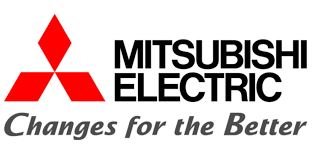
The Competition Bureau won praise from leading international antitrust experts last night in Washington, DC for its Intellectual Property Enforcement Guidelines (IPEGs). The Bureau was honoured with the title of Most Innovative Soft Law (intellectual property section) at the 2017 Antitrust Writing Awards.
The honour singled out the Bureau’s IPEGs as the most innovative non-enforcement tool by a competition agency on issues relating to antitrust and intellectual property (IP). The guidelines were judged based on their practical relevance, innovation and contribution to competition advocacy.
The IPEGs give greater clarity to stakeholders on how the Bureau deals with competition issues involving IP.
The decision to award the honour to the Bureau follows a three-month award selection process involving more than 50 international antitrust experts.
Quotes
“Intellectual property and competition policy share a common goal: driving innovation in support of a dynamic and productive economy. I’m proud that the Bureau has won an international honour for our efforts to make it easier for IP stakeholders to operate competitively and within the law.”
John Pecman
Commissioner of Competition
Quick Facts
- The IPEGs were originally published in 2000 in response to calls from IP stakeholders who wanted to better understand how the Bureau would consider IP in its enforcement of the Competition Act.
- The guidelines were updated in 2014 and 2016 to reflect major amendments to the Competition Act, and to reflect the Bureau’s experience in the pharmaceutical sector.
- The 2016 IPEGs benefited from significant consultations and valuable contributions of stakeholders, including industry associations, major technology firms and well-known antitrust scholars. Stakeholders included the Canadian and American bar associations, the United States’ Federal Trade Commission and Department of Justice, and the Canadian Intellectual Property Office.
Photo from: www.minutehack.com




Leave a Reply